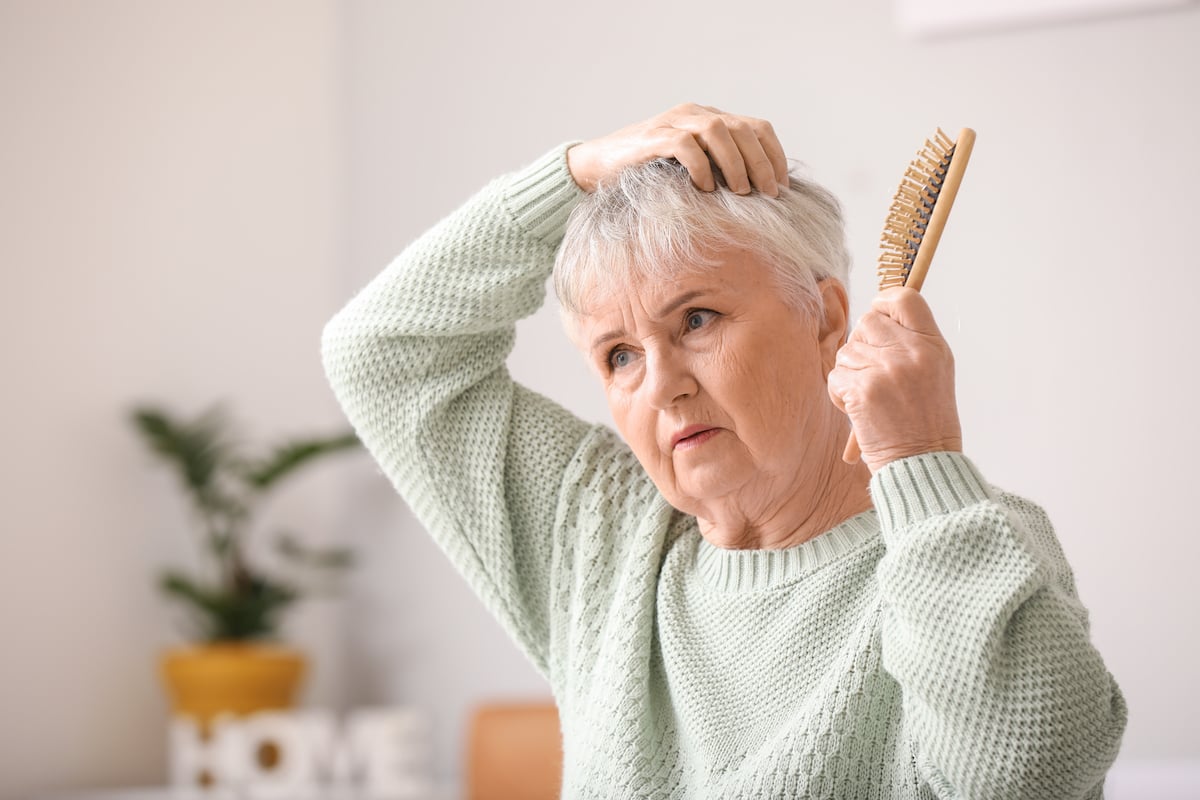
What Are ADLs?: Activities that Define Our Independence
Published by Vivage on
Oct 1, 2023 8:00:00 AM
Independence is a fundamental aspect of human existence, representing the ability to manage one's life. This autonomy encompasses various dimensions of wellness, including physical, psychological, social, and emotional well-being.
One crucial framework for evaluating and maintaining independence is the concept of Activities of Daily Living (ADLs). ADLs encompass a range of essential tasks that individuals must perform regularly to meet their basic needs and function within daily life. While seemingly mundane, these activities play a profound role in defining and sustaining our independence.
At Vivage Beecan, our skilled nursing communities offer compassionate services that support individuals with activities of daily living and help them maintain their independence. Our team is exploring activities of daily living and sharing how they influence our independence.
Understanding Activities of Daily Living
ADLs can be broadly categorized into two main groups: basic ADLs (ADLs) and instrumental ADLs (IADLs). ADLs represent fundamental self-care tasks that impact personal hygiene, mobility, health, and safety. These include activities such as:
- Personal Hygiene: Activities like bathing, grooming, brushing teeth, and maintaining cleanliness are vital for physical health and self-esteem.
- Dressing: The ability to select and put on appropriate clothing ensures comfort, social integration, and personal expression.
- Feeding/Eating: Preparing and consuming meals independently directly impacts nutrition and overall health.
- Mobility and Transfers: The capability to move from one place to another, including getting in and out of bed or a chair, is essential for maintaining physical function and preventing complications.
- Toileting: Managing toilet-related activities, including using the restroom and maintaining continence, contributes to dignity and physical well-being.
IADLs, on the other hand, are more complex tasks that enable individuals to live independently within their community and environment. Even though IADLs do not necessarily need to be performed every day, they are still essential to maintaining independence. These activities require higher-level cognitive and organizational skills and include:
- Shopping and Meal Planning: The ability to plan, shop for, and prepare meals ensures proper nutrition and self-sufficiency.
- Housekeeping and Home Maintenance: Cleaning, laundry, and general household maintenance contribute to a safe and comfortable living environment.
- Managing Finances: Handling financial matters, such as paying bills, budgeting, and managing bank accounts, reflects the capacity to maintain one's livelihood.
- Transportation: The capability to use public transportation, drive, or arrange transportation enables social engagement and access to necessary services.
- Medication Management: Properly taking prescribed medications at the correct dosage and time is crucial for managing chronic conditions and maintaining health.
ADLs and Independence
ADLs are deeply interconnected with the concept of independence, as they reflect an individual's ability to manage various aspects of their life without reliance on others. Our proficiency in performing ADLs has far-reaching implications for our well-being and autonomy, including:
- Physical Independence: ADLs are central to maintaining physical health and preventing complications. The ability to care for oneself in terms of hygiene, mobility, and nutrition directly impacts one's physical well-being and reduces the need for external assistance.
- Emotional Wellness: The capability to perform ADLs contributes to a sense of accomplishment, self-worth, and dignity. Being able to dress, groom, and engage in personal care activities fosters positive self-perception and mental well-being.
- Social Integration: Independence in IADLs, such as transportation and meal planning, fosters social participation and community engagement. These activities enable individuals to interact with others, pursue hobbies, and maintain relationships.
- Cognitive Function: Many ADLs, especially instrumental activities of daily living, involve using cognitive skills. From decision-making while cooking to managing finances, these activities provide stimulation, supporting mental agility and resilience.
- Quality of Life: ADLs significantly influence an individual's quality of life. Living independently, making choices, and engaging in meaningful activities enhances overall satisfaction and happiness.
Challenges to ADL Independence
While ADLs are integral to independence, various factors can pose challenges. For example, age-related changes, physical or cognitive impairments, chronic illnesses, injuries, and societal barriers can affect an individual's ability to perform ADLs. In such cases, individuals may benefit from assistance or adaptive strategies to maintain their independence, such as transitioning into one of Vivage Beecan’s senior care homes.
Activities of Daily Living are the foundation of our independence, reflecting our ability to care for ourselves, engage with our environment, and participate in society. The performance of ADLs encompasses both basic self-care tasks and more complex activities, each contributing to various dimensions of well-being.
Individuals and their families can better maintain their independence by understanding, supporting, and fostering the performance of ADLs.
If you would like to learn more about our skilled nursing communities and the care we offer that can help you or someone you love foster independence, please visit our website or reach out to a member of the Vivage Beecan team.